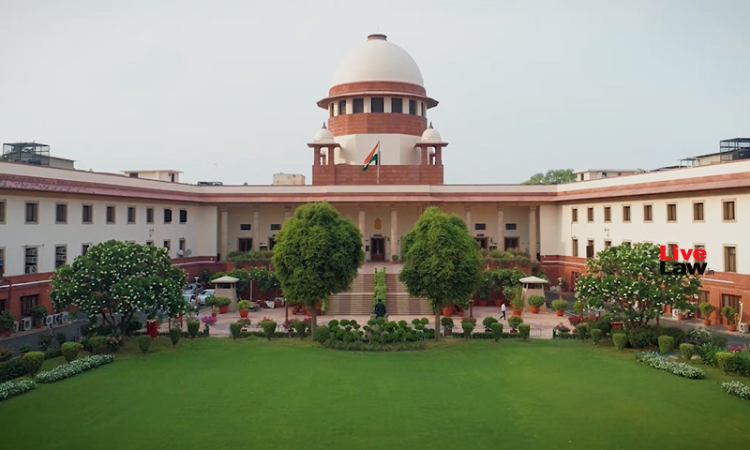The Supreme Court has sought explanations from the Central Government on the criteria of annual income of Rupees 8 lakh adopted by it for Economically Weaker Sections(EWS) quota.The Court noted that the income limit in the criteria for the determination of the creamy layer of the OBC category and the EWS category is the same, namely, Rs 8 lakhs. The Court has asked if it would be arbitrary...

